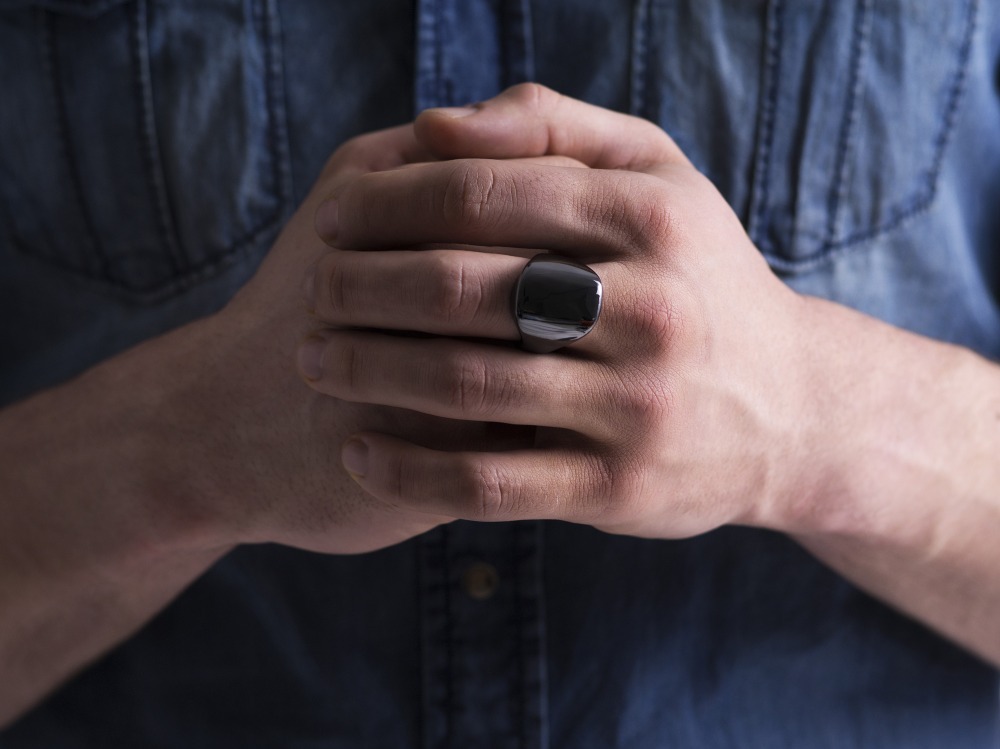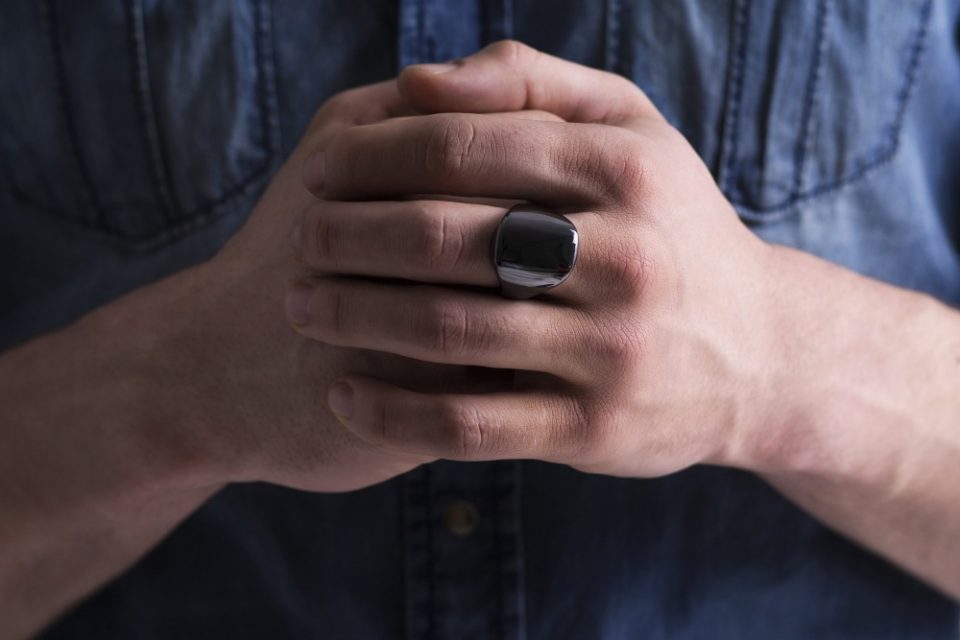
Those of you who are familiar with my content will know I’m a big fan of my OURARing. So, you can imagine how thrilled I was to sit down with the company’s CEO and co-founder, Petteri Lahtela. From this conversation, I was able to draw many parallels between his company’s ethos and mine. And this is despite the technical difference in our products and services!
Introducing OURA
ŌURA is a Finnish company based in the city of Oulu in northern Finland. Oulu is renowned as a technology hub for medical and health technology. It’s also the home of Polar Electro, who launched the world’s first heart rate monitors, and mobile phone giant Nokia. Some of Nokia’s most significantly and market-breaking inventions were created in Oulu. CEO and co-founder of ŌURA, Petteri Lahtela says,
“We (Oulu) have a lot of that heritage of creating high-end consumer products to global markets”.
One of the founding principles behind their products is a desire to help others to enable, reach and then maintain their human potential. Which, of course, is my purpose – both professionally and personally.
How it all started
Lahtela believes that diseases and fatigue are a result of imbalances in the body’s systems, often caused by the presence, or lack of, stress, inflammation, diet and exercise. He believes that technology could be used to track and monitor this vital data. This can then be used to develop a holistic picture of the daily mental and physical load being carried by a person. (I talk a lot about allostatic load and lifeload in my book Rise and Shine: Recover from burnout and get back to your best.)
The OURARing
So, about the OURARing. The device itself is a ring that sits snugly on any finger on either hand, and can be worn 24/7. It also happens to be a computer with a Bluetooth connection that allows for easy download and automatic updates. It’s durable, scratch resistant, waterproof, and has a timeless design. At the time of writing the retail price starts from EUR 329.00, making it affordable for many, and by no means the most expensive device on the market.
The OURARing has been extensively tested by research groups at highly prestigious American universities. And this research supports their claim that it is the most reliable sleep measurement device on the market. One of the target audiences is executives and entrepreneurs with a very stressful life, or struggle with their work/life balance. People who want a personalised solution to help them self-monitor meaningful data points. These include sleep quality and recovery from daily mental and physical load in relation to activity levels, daily lifestyle choices and rhythms.
How is it different from wrist-based tech?
Where the ŌURA ring differs is that it’s an intelligent device that it measures how your body responds to your activities and daily movement, and helps the user to identify how those things affect the sleep quality. It also provides the ideal daily activity target based on how much quality sleep you’ve got. Lahtela says,
“The ŌURA ring provides personalised, actionable insights to the user to help them make better choices based on how well they have recovered and recharged”.
Where other devices are about getting you to move more, the ŌURA ring is different. It intelligently analyses your data and determines what you should be doing and how hard you should be pushing. It works by tracking the physiological responses of your body whilst you sleep, measuring your pulse waveform and heart rate dynamics, body temperature, and movement with what the company calls “research-level accuracy.”
Intelligent analysis
For many entrepreneurs and executives, pushing hard when they should be slowing down is not a problem. That’s their current mindset and is why they’re burning out. This intelligent device can understand and interpret your daily load, and then respond and advise the user accordingly. The beauty of this technology is that’s it’s still early days for the developers. The future for the OURARing will be based on adding benefits, integrating with daily routines and adding more ways to help improve the wearer’s cognitive and physical performance by cross-correlating between the various data points.
The (wearable tech) world according to Lahtela
I asked Lahtela what he thought the future help for the wearable tech industry. He said he thought technology would become even more personalised, and allow for more intelligent analysis. Lahtela believes that awareness of the importance of sleep and recovery is the next big wave. Not just in wearables, either, but in health and wellness market in general.
“Understanding the restorative nature of sleep is essential since that’s the only way to find ways to improve the recovery from daily mental and physical load.”
He foresees a future where devices would work alongside other providers such as insurance companies, healthcare providers and caregivers to supply information that can help reduce the rate of chronic diseases, and help to manage diseases once they’ve manifested themselves. He also thought wearable tech would start working alongside genetics and epigenetics to provide a more holistic view of a person. Something that I think is very exciting for all of us. (Bodyshot is a business built entirely around that idea).
Closing thoughts
Personally, I love my OURARing. I wear it night and day to monitor my sleep and energy levels, particularly given I’ve suffered from burnout in the past, and am understandably cautious to ensure this doesn’t happen again. The intelligence interpretation of data is what really appeals to me. It’s not about setting targets like 10,000 steps (although for many people, this is a really important feature and they do need to move more), but about listening to your body and understanding what the physical and emotional life load that you’re carrying, and how you can recover from that load.
If your sleep hasn’t been restorative, then the device might advise you to take it easy that day. Maybe aim for 6,000 steps but taken as part of a gentle walk, preferably somewhere quiet and amongst nature. I’ve worked with clients who are incredibly frustrated because they are getting to bed early and spending up to eight or nine hours in bed, but waking up feeling exhausted, and they can’t understand why. There’s a huge difference between the amount of time you spend in bed and the amount and quality of REM or deep sleep that you enjoy. Now, link your OURARing data to a nutrition plan and an overall holistic therapeutic plan, and you have something very valuable that sits at the intersection between technology and personalised health.
Leanne Spencer is an award-winning entrepreneur, Six Signals® Coach, double-bestselling author and TEDx Speaker. She is also the co-founder of Bodyshot Performance, and regularly speaks to audiences all over the UK on topics around fitness, health, wellbeing, burnout and corporate resilience.
Connect with Leanne on Facebook or Insta, or visit leannespencer.co.uk for more information about her wellbeing keynotes.


